The world's two largest economies are locked in a battle to secure the future of the solar industry. Can the upcoming US presidential election turn the tide?
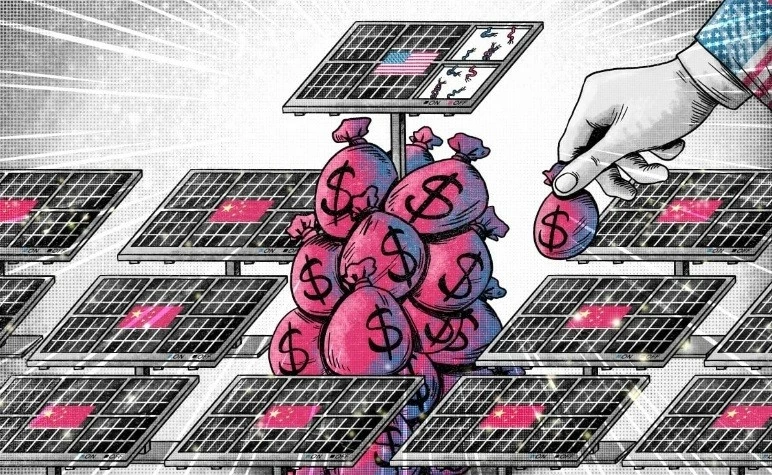 |
| In fact, the world's two leading economies are both fighting to secure the future of the solar energy industry. Illustration photo. (Source: SCMP) |
Claims that subsidies in the solar sector have led to overcapacity have become a familiar refrain in the US-China trade war over the past year, and Beijing retaliated last month.
The US has "expanded its solar power capacity aggressively through monopolistic and discriminatory subsidy policies" in recent years, the China Photovoltaic Industry Association said, but still accused China of excessively subsidizing the new energy sector.
“These actions have led to overcapacity in the US,” the association warned, adding that it could negatively impact the healthy development of the industry globally.
In fact, the world’s two largest economies are both fighting to secure the future of solar, with the Inflation Reduction Act (IRA), introduced by the Biden administration in 2022, providing billions of dollars in subsidies and tax credits, signaling Washington’s efforts to level the playing field.
All eyes are on next month's presidential election. Republican candidate Donald Trump said he would "cancel all unused IRA funds" but insisted he was a "big fan" of solar energy during a debate with Democratic candidate Vice President Kamala Harris on September 10.
“It is unlikely that either candidate will maintain the existing incentives if elected,” said Jenny Chase, lead solar analyst at BloombergNEF.
China has dominated the global photovoltaic supply chain thanks to 20 years of intensive industrial policies, but now the country is on the defensive, concerned that excessive competition could undermine its domestic growth potential.
Meanwhile, the US is doubling down on massive subsidies aimed at fostering an industrial ecosystem independent of China as part of its efforts to “de-risk” amid strategic competition. The success of that effort depends largely on steady and consistent injections of money from both the government and capital markets, industry experts say.
While China's massive and comprehensive manufacturing capacity may be difficult to surpass, technological breakthroughs can create shortcuts.
"Can the US dominate the solar manufacturing industry? Absolutely, with enough subsidies, you can do anything," predicts expert Jenny Chase.
A long list of federal and state subsidies for the solar industry proposed by the IRA is worth up to $369 billion, focusing on supporting investment and manufacturing in the clean energy industry, including photovoltaic products, according to the China Photovoltaic Industry Association.
The world’s second-largest economy has taken a different approach. China has not provided specific cash injections to domestic solar manufacturers. Instead, local governments are the driving force behind industrial policies to promote the rapid growth of the sector, providing comprehensive support such as cheap land leases, soft power purchase agreements, and incentives to build more solar plants and farms.
“Five or six years ago, local governments offered very good terms to manufacturers, some even helped build factories and manufacturers just moved their equipment in,” said Daniel Qiu, managing director and co-head of investment banking and capital markets at Credit Suisse Securities.
With such special preferential policies, China has easily become the world's number one manufacturer of solar energy products in the past two decades, accounting for more than 80% of the global supply chain.
In the US, before the IRA was launched, there were supportive industrial policies, including research grants and tax credits for solar panel installations, but the total cost of production, from labor to factory construction, far exceeded that of China.
Ocean Yuan, founder and CEO of Grape Solar, a US solar equipment manufacturer and seller, said the IRA was a “game changer” because for the first time, US manufacturers could receive direct financial incentives.
“Now, for any company, whether Chinese or other companies, as long as they manufacture solar panels, if they don’t come to the US, they have no future,” Mr. Yuan said. “The US has always had the capacity, it’s just a matter of expanding it,” Mr. Yuan added.
Source: https://baoquocte.vn/bau-cu-tong-thong-my-co-dao-nguoc-the-tran-cuoc-dua-trong-nganh-nang-luong-mat-troi-292030.html








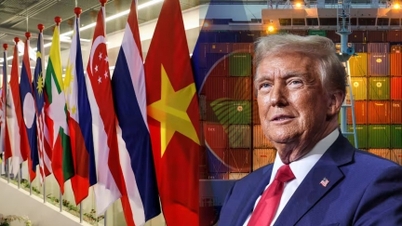
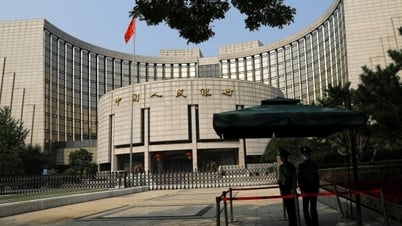
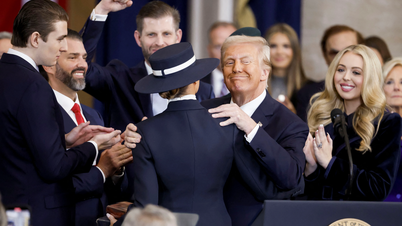



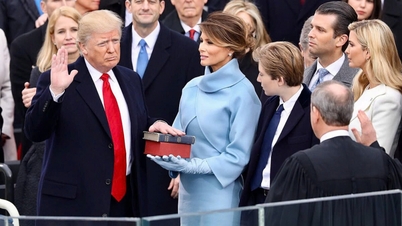

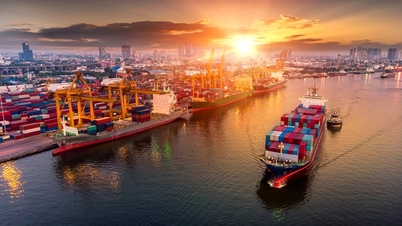



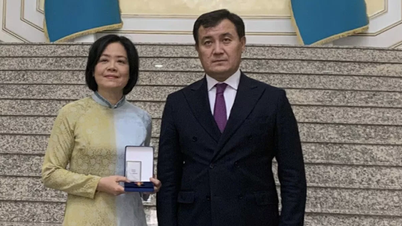
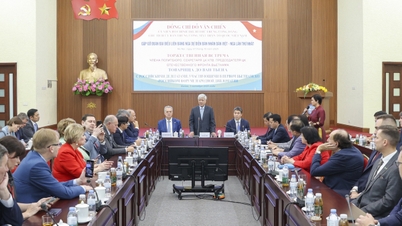

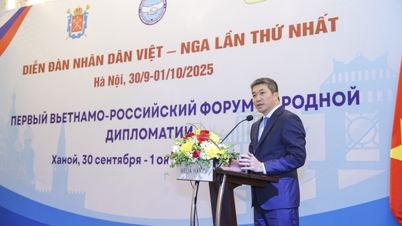






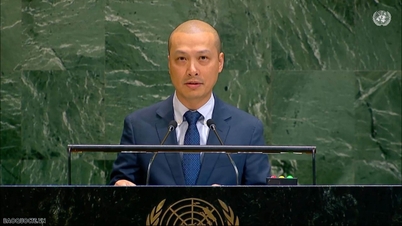
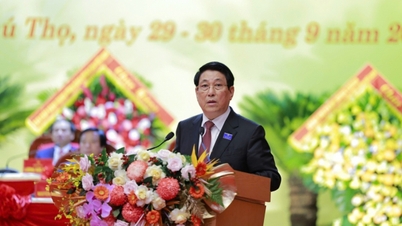







































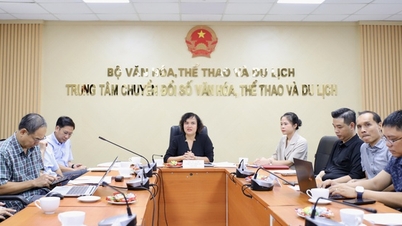
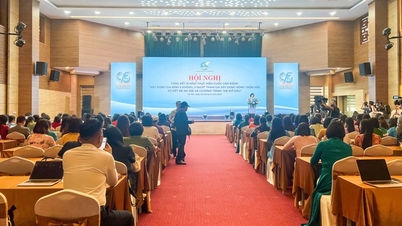
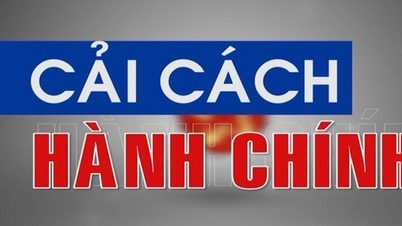



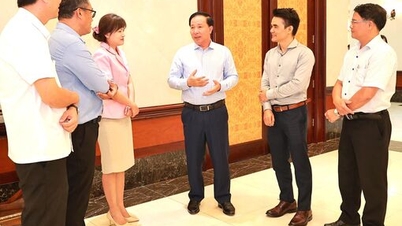

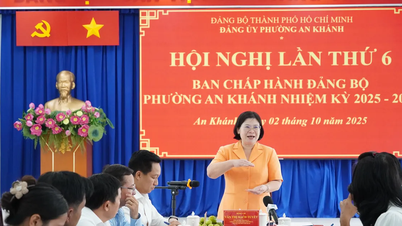

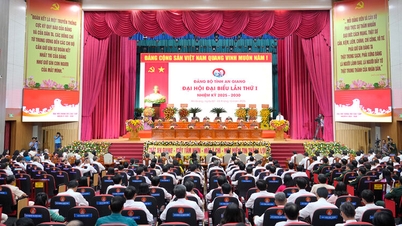

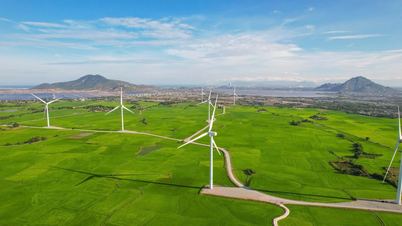

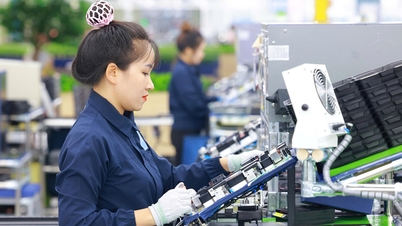















Comment (0)